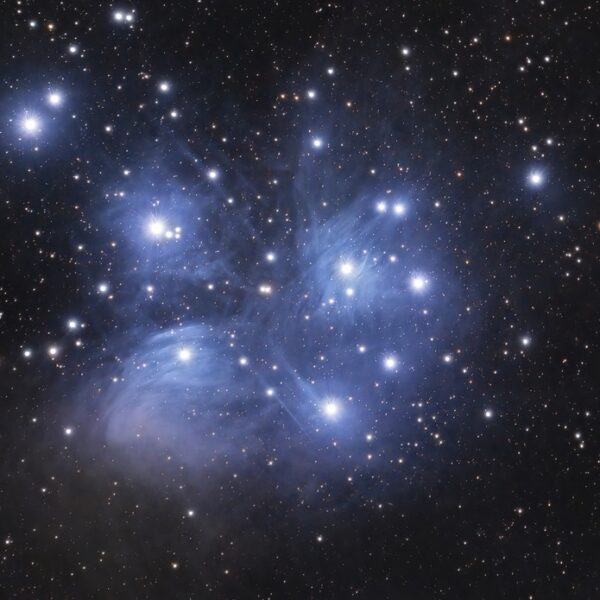Space is famously considered the “final frontier” — but what part of space are we even talking about? Space, outer space and deep space are used somewhat interchangeably in many contexts, but astronomers have come up with clear distinctions between them. So, what’s the difference between them?
The term outer space refers to anything beyond Earth, even things very close to home in low-Earth orbit, which begins as low as 100 miles (160 kilometers) above the planet. Deep space, on the other hand, starts a bit further out: It’s often considered to be anything further away from Earth than our moon and can refer to things beyond our solar system entirely. Turns out, the actual final frontier is deep space. (The term “space,” meanwhile, is a catch-all that encompasses both outer space and deep space.)
Although the term space was used to refer to places beyond Earth as early as 1667, in John Milton’s Paradise Lost, outer space didn’t enter our language until the mid-1800s when it was used in an astronomical paper, according to Merriam-Webster.com. Prolific science fiction writer H.G. Wells helped popularize the term outer space in a 1901 novel. A few decades later, another sci-fi writer, E.E. Smith, coined the term “deep space” in his 1934 novel Triplanetary, according to Oxford Reference.
“Writer Fuel” is a series of cool real-world stories that might inspire your little writer heart. Check out our Writer Fuel page on the LimFic blog for more inspiration.


